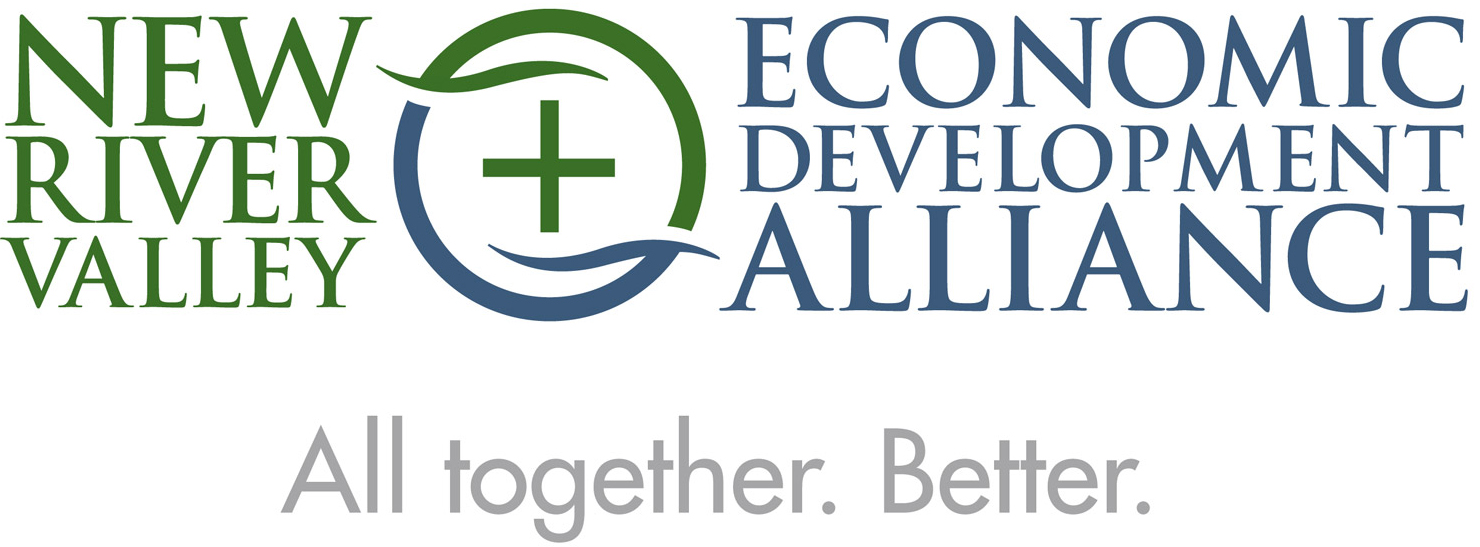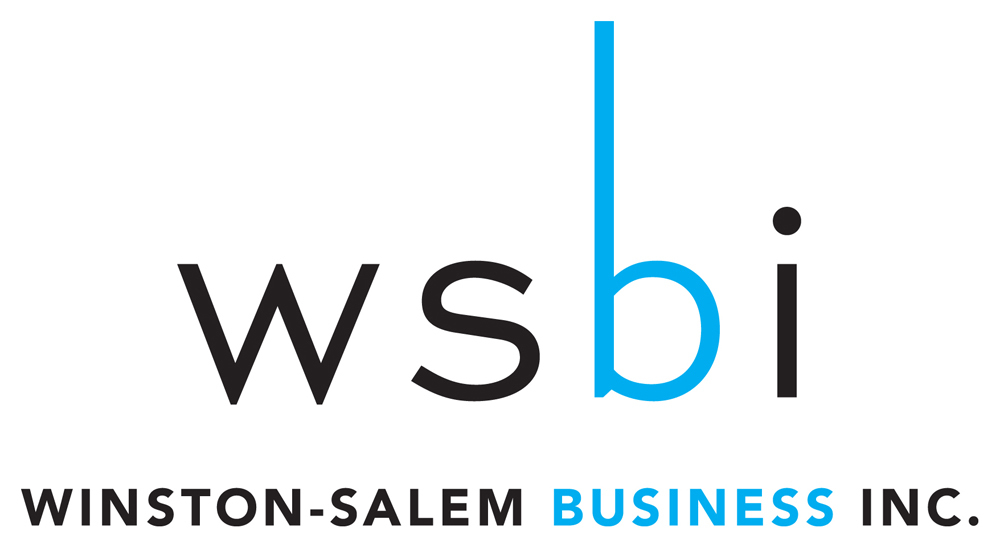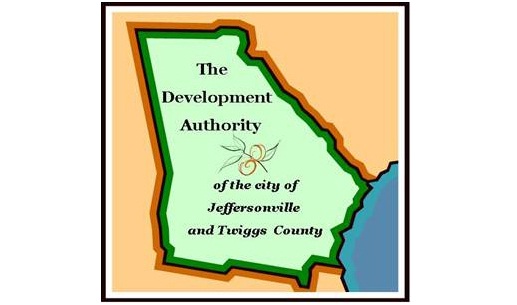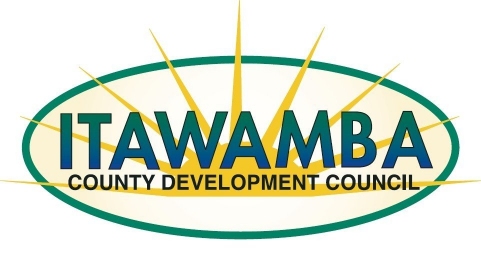- HOME
- U.S. BUSINESS DEVELOPMENT TIPS
- Regulations & Standards
- LEED Program
U.S. BUSINESS DEVELOPMENT TIPS
 Recommended Communities
Recommended Communities
New River Valley Economic Development Alliance Virginia's New River Valley is centrally located on the East Coast on I-81 and is the home of VA Tech, Radford University, and New River Community College |
|
Winston-Salem is a diverse and progressive community within a region that is rich in a multitude of resources for helping companies succeed. |
Development Authority of Jeffersonville and Twiggs County Twiggs County is the geographical center of Georgia along Interstate-16 between Atlanta and the Georgia ports and offers over 500acres in the new I-16 Industrial park |
LEED Program
LEED Program – Evaluations of Environment Friendly Buildings
LEED (Leadership in Energy & Environmental Design) is an international building certification program regulated by the US Green Building Council that assesses environmental friendly buildings in the U.S. During new construction, assessment points are obtainable in 8 major categories including site selection, water saving measures, energy conservation, and revolutionary design. Depending on the total points obtained, you will receive either a Certified, Silver, Gold, or Platinum certification.
Recently, many companies have incorporated the LEED program into their plant construction. Many large manufacturing companies have actively implemented this program in order to show their concern for the environment. One such company is Siemens. Some states are discussing making LEED certification or other such equivalencies mandatory for new construction over a certain size. Like ISO, this program has the possibility to expand even more in the future.
Site Selection that Considers the LEED Program
Certain LEED assessment points can be difficult and costly to obtain, but there are many points that can be achieved for a minimum of cost.
There are similar assessment points for site selection that you can obtain by meeting the following requirements:
1) There is a bus stop(s) and/or train station(s) that employees can use for commuting near the candidate site.
2) The candidate site is not located in a park or farm. There are no bodies of water in the area.
If you are considering implementing the LEED program, it is critical to understand the assessment criteria from the site selection stage in order to receive the maximum benefit.
Snavi offers site selection support services concerning the LEED Program. Please contact Snavi if you have any questions.








